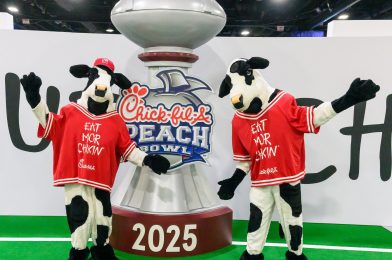Sports photography is often as much about what you discard as what you keep. I shot 6,589 images over a full day at the Chick-fil-A Peach Bowl. From the excitement of pregame activities like the FanZone and marching bands to the intensity of the coin toss, the national anthem, and the game itself, the challenge was capturing the action and refining those moments into a cohesive collection for my client. Here’s how I culled down thousands of images to a polished final selection.
Step 1: Initial Numbers
From the total 6,589 images, 1,451 were pregame shots. These included:
- Fans enjoying the FanZone.
- Marching bands are playing their hearts out.
- Key ceremonial moments like the coin toss and the national anthem.
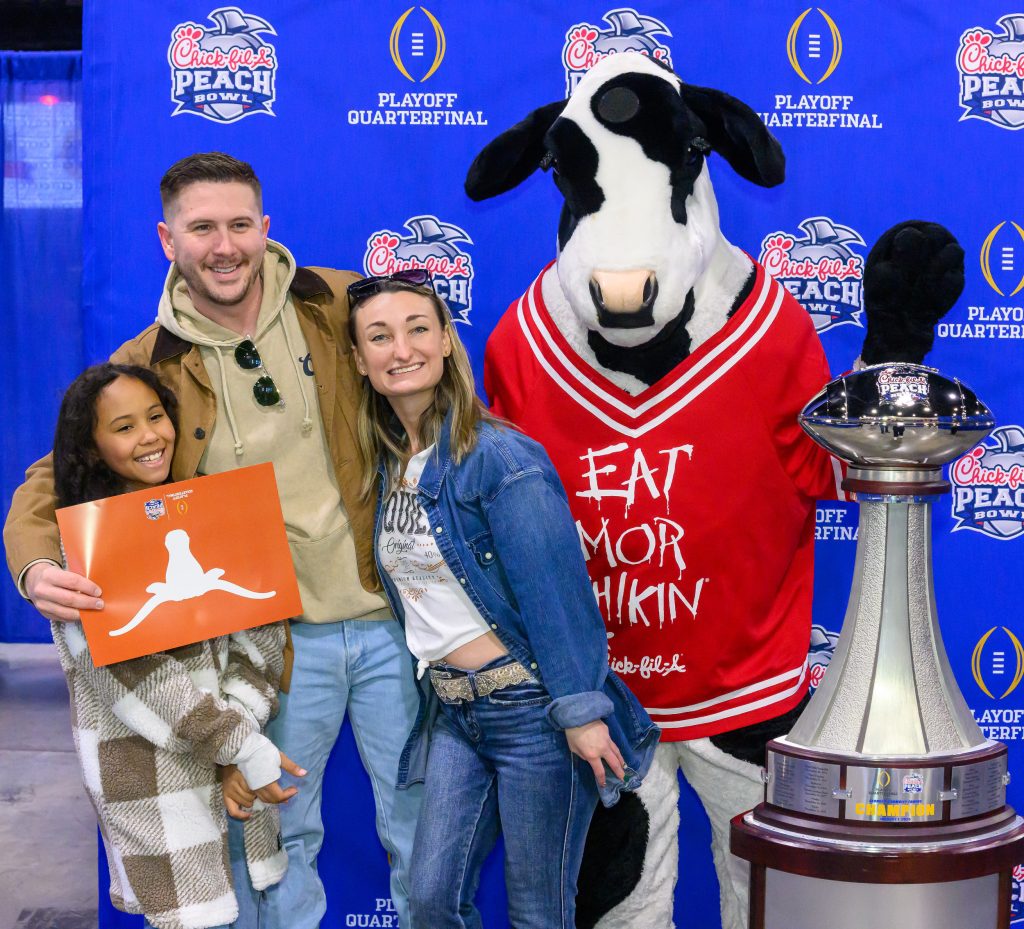
The rest of the day’s images captured the fast-paced action on the field, reactions from players and coaches, and the celebratory (or solemn) moments that make sports storytelling so compelling.
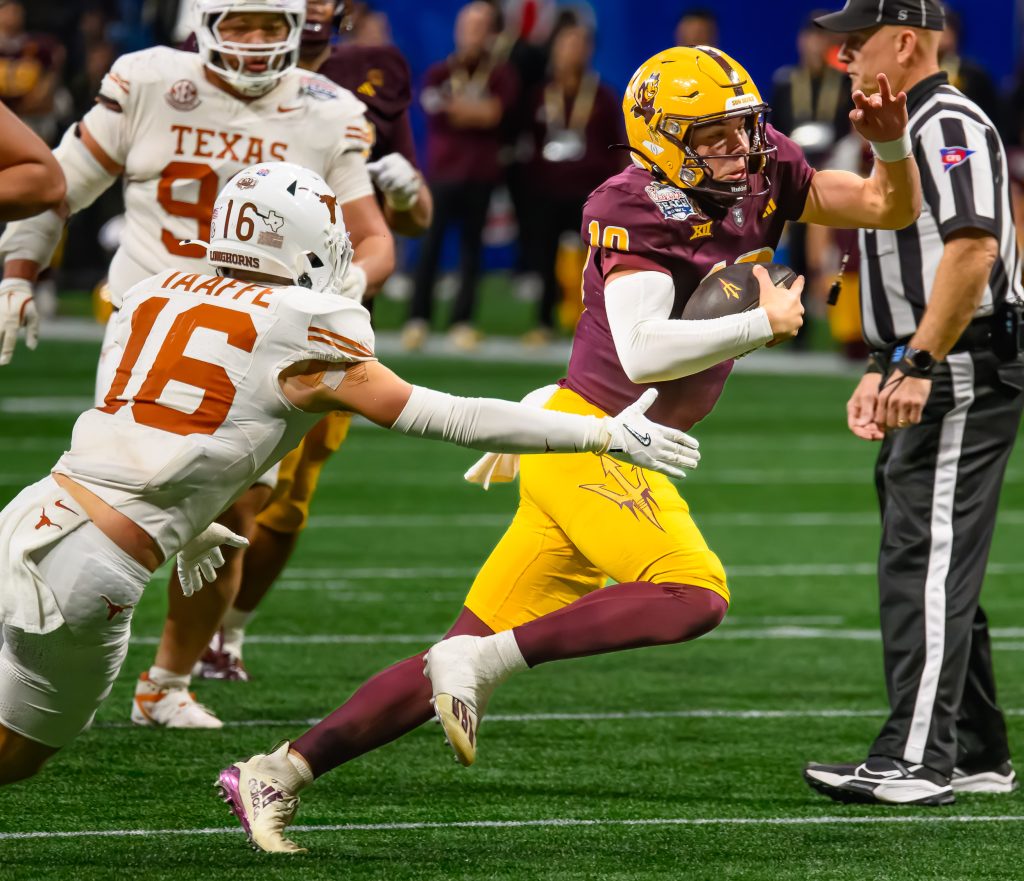
Step 2: The Culling Process
Culling thousands of images can seem daunting, but breaking it into stages makes it manageable:
- Initial Cull: Removing Technical Flaws
- With my Nikon Z9 set up for general and sports shooting, I’m proud to say I discarded fewer than five photos for not being sharp. The Z9’s impressive autofocus system was a game-changer, especially for fast-moving action.
- A few accidental photos occurred when my camera, hanging from my Holdfast Camera Straps, was bumped. These straps—made of high-quality leather and designed to carry multiple cameras comfortably—are fantastic for quick transitions, but occasional shutter bumps do happen.
- Subject Cull: Focusing on the Story
- Next, I eliminated repetitive or irrelevant shots. For example, images of players mid-stride without context or fans’ backs turned to the camera didn’t add to the narrative.
- Creative Cull: Capturing Peak Moments
- This stage focused on the peak of the action: dramatic tackles, emotional reactions, and moments that defined the game’s story.
- Final Cull: Delivering to the Client
- From the original 6,589 images, I delivered 235 carefully selected photos to my client. Each was chosen to tell a specific part of the day’s story, ensuring a balanced mix of pregame, game action, and postgame celebrations.
Lessons from the Day
- Efficiency with Gear: The Nikon Z9’s autofocus allowed me less time to remove technically flawed images. When paired with its robust customization options, it proved indispensable for switching between pregame coverage and high-speed sports shooting.
- Holdfast Camera Straps: These straps are a lifesaver for multi-camera setups, offering durability and ease of use. While accidental shutter presses can happen, the benefits outweigh this minor inconvenience. Their stylish design and functionality made navigating a long day of shooting much more manageable.
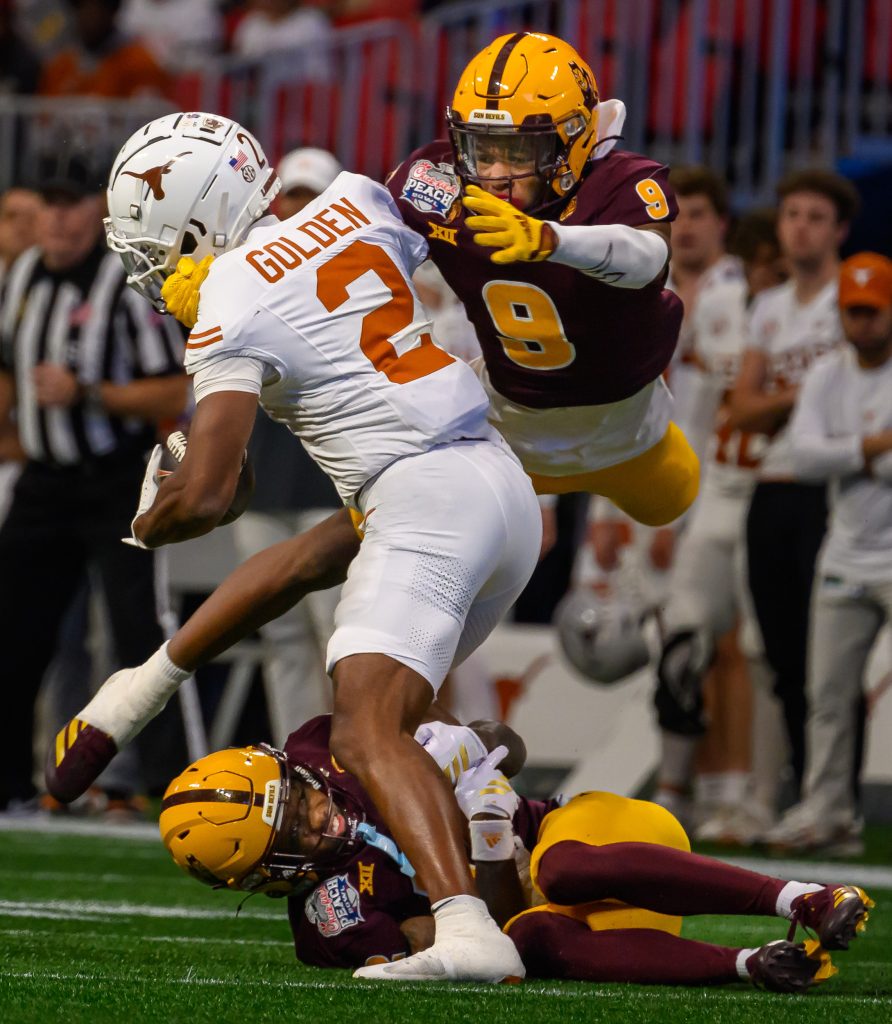
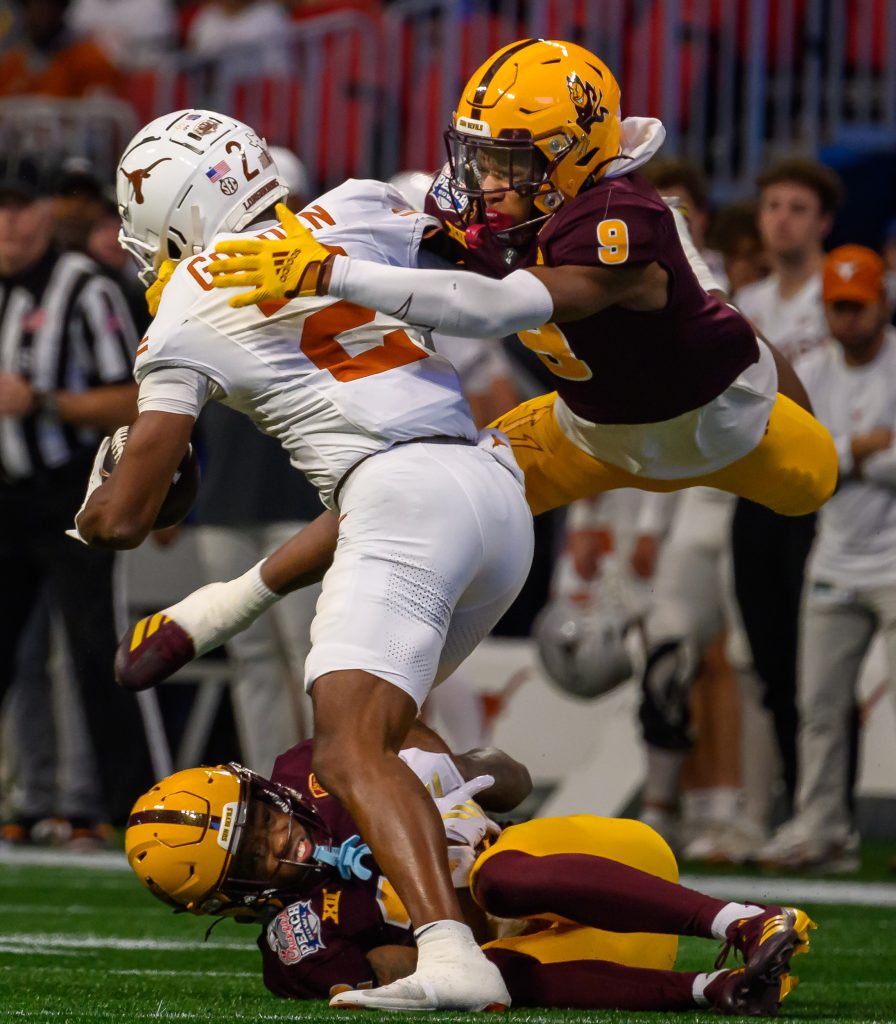

Why the Cull Matters
Culling accounts for more than 50% of the post-production process. When done well, it saves a tremendous amount of time during editing because I only work on the keepers—the very best storytelling photos. Delivering 235 images from a pool of nearly 6,600 isn’t about discarding the “bad” pictures but refining the story. Every shot I delivered had a purpose, whether it captured the fans’ energy, the game’s drama, or the players’ emotions. That’s the art of storytelling through sports photography: finding and curating the moments that matter most.
By the end of the day, the client received a gallery that showcased the excitement of the Chick-fil-A Peach Bowl and highlighted the precision, care, and intentionality that goes into every step of the process—from shooting to selecting the best.

